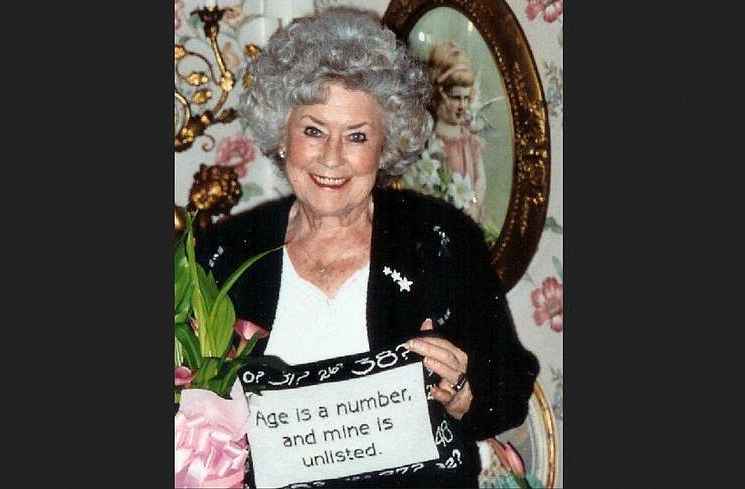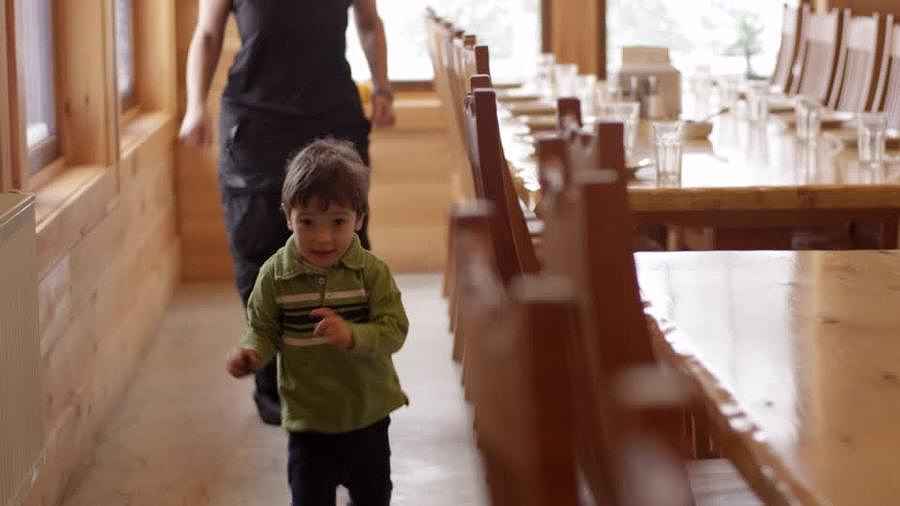






See listing of Recent and Most Popular articles on the Home Page
Connections
Category: Relationships / Topics: Family • Parenting, Parents • Teaching
Misbehaving Children
by Ken Potts
Posted: January 12, 2020
Soem tips&helllip;
Sometimes we can learn as much about parenting by just watching people as we can by reading books or attending seminars.
For instance, the other day I stopped in for a cup of coffee at our neighborhood hangout. I sat down across from a woman, two friends and her toddler son.
She was trying to relax a bit, but her child was intent on being up and about. Finally, after he grabbed her keys and set off across the room, she gave up any attempts at conversation.
Turning toward her son, her face set in a rage-filled grimace, she shook her fist at him and said quietly, but forcefully, "I'm going to kill you."
Her son's response? Nothing. He glanced back momentarily, but hardly broke stride. His mother's outburst seemed to make no impact on him at all.
There's a lot we can learn from such a vignette.
First, those of us who are parents can probably identify with the mother I've described. We've all had days where our children drive us to the limits of our patience or endurance. And though we may not have said it out loud, there have certainly been times when we've felt like throwing in the towel or striking out in rage.
Second, this mother's attempt at control or discipline did absolutely no good. In fact, it did more harm than good.
Research has shown that to threaten violence -- raising a fist, making a threat -- frightens children, diminishes their ability to learn, leads them to distrust their parents and teaches them to threaten violence themselves.
And, in this case, because the mother did not take control of the situation, the child also realized that her words and actions really don't mean anything.
Third, I would imagine that this parent came away from the encounter feeling ineffective as a parent and ashamed of her outburst. She was not the parent she would like to be.
What could she have done?
Well, she could have carried through on her threat of violence, certainly not "killing" her child, but a least giving him a good swat. The problem with that approach, however, is that it is fairly clear that such discipline doesn't work.
As I said, in addition to the fear, distrust and violence that it teaches our children, it also "short?circuits" their understanding of whatever lesson we want to teach them. They may behave out of fear, but they don't learn anything.
Or, I guess she could have simply ignored his behavior, hoping that if he got little or no attention he'd come back to her and settle down. Though sometimes that works, letting a toddler run loose in a crowded coffee shop is not a very good idea. She needed to be more assertive than that.
A third option would be to intervene in an assertive, positive manner. This would require stopping her conversation, getting up from her chair, walking over to her son, stopping him (probably by picking him up), taking her keys back, and returning with him to her table and keeping him there. If he became too disruptive she might even have to leave.
And throughout this whole series of actions, she would need to clearly tell him what he is doing wrong: "No, stay with Mommy. You can get hurt. And give Mommy back her keys." She might even have to add: "We don't scream. If you scream we are going home."
Of the three, the last is probably the best. It stops the unacceptable behavior quickly and firmly, and it teaches the child what is wrong with his actions. And the mother can come away feeling good about her parenting.
But such an approach also requires a good deal of insight, self?control and patience. It means that while we feel like clobbering our child, we do what we think is best.
And that, I think, is part of the key to all this. Sometimes we will feel like ignoring, hitting (or even "killing") our children. If we accept that we can have such emotions and still be good enough parents, then we can also act as we think we should. We can feel one way and behave another.
Parenting is no easy job. Our children will test our limits frequently and forcefully. We do have options in our response. It takes work, but we can be the parents we want to be.
Search all articles by Ken Potts
Dr. Ken Potts is on the staff of SamaraCare Counseling Center in Naperville and Downers Grove, Illinois. • E-mail the author (gro.gnilesnuoceracaramas@sttopk*) • Author's website (personal or primary**)* For web-based email, you may need to copy and paste the address yourself.
** opens in a new tab or window. Close it to return here.
Posted: January 12, 2020 Accessed 252 times
![]() Go to the list of most recent Connections Articles
Go to the list of most recent Connections Articles
![]() Search Connections (You can expand the search to the entire site)
Search Connections (You can expand the search to the entire site)
![]() Go to the list of Most Recent and Most Popular Articles across the site (Home Page)
Go to the list of Most Recent and Most Popular Articles across the site (Home Page)
 Loading requested view...
Loading requested view...
